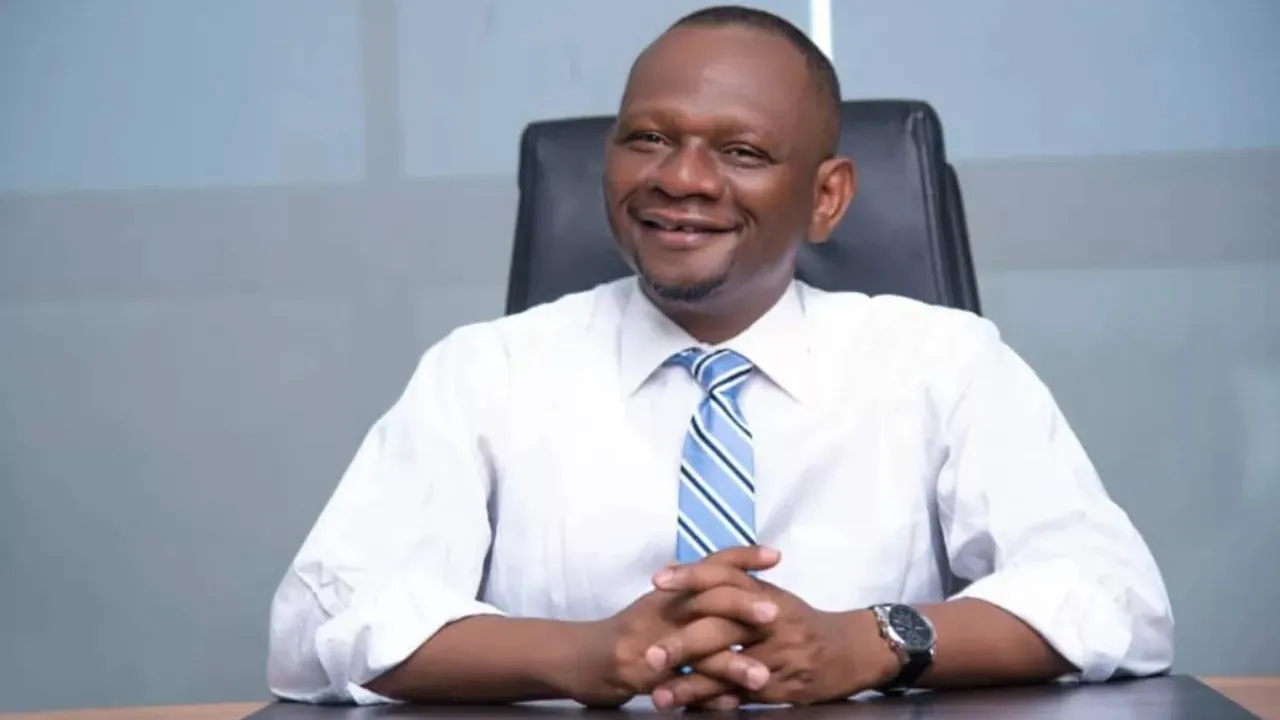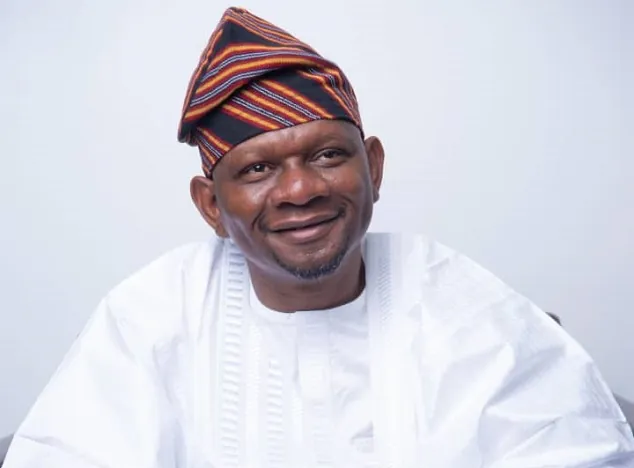The Nigerian government must secure at least $1 billion over the next five years to maintain and build on recent progress in immunisation, according to Dr Muyi Aina, Executive Director of the National Primary Health Care Development Agency (NPHCDA). Dr Aina made this announcement at the Multi-Stakeholders’ Technical Workshop on Optimising a Sustainable Immunization Financing Model in Abuja, where health sector leaders gathered to address the urgent funding challenges facing Nigeria’s immunisation programme.
Immunisation Achievements and Challenges
Nigeria has made notable progress in immunization coverage in recent years. In 2024 alone, the country reached three million zero-dose children, vaccinated 14 million girls against cervical cancer, administered 91 million vaccine doses, and expanded its cold chain network to over 10,000 operational units nationwide. These achievements are the result of a collaborative funding model involving the federal, state, and local governments, with the federal government leading routine immunization financing.
Despite these gains, Dr Aina warned that funding remains a major obstacle. “We need one billion dollars over the next five years to secure vaccines for our population. But with less than a quarter of this year’s budget released, we are at risk of reversing hard-won gains,” he said.

The Funding Gap
According to Dr Aina, only 21 percent of the allocated vaccine funds for 2024 have been released so far. This shortfall has raised concerns about Nigeria’s ability to maintain its immunisation momentum and protect millions of children from preventable diseases.
He stressed that immunization is not just the responsibility of the federal government, but a national obligation.
“Immunization is a national duty—for our children, our families, and the future of our health system,” he said.
Transition from Donor Support
Nigeria’s immunisation financing has long relied on support from Gavi, the Vaccine Alliance, which provides substantial financial backing for vaccines and helps boost coverage nationwide. However, as Nigeria transitions from Gavi support, the government must find new ways to fund immunisation sustainably.
At the workshop, stakeholders discussed strategies for closing future funding gaps. These include exploring alternative revenue sources, such as specific taxes and innovative financing mechanisms, and ensuring that available resources are allocated more efficiently towards primary health care and preventive services.

Domestic Resource Mobilisation
A key theme of the discussions was the importance of domestic resource mobilisation. Experts agreed that Nigeria must strengthen its own funding for immunisation by increasing public investment, encouraging private sector participation, and engaging communities. Stronger accountability frameworks and collaboration among federal, state, and local governments were also highlighted as essential for sustainability.
“Without adequate funding, the most effective vaccines will not reach those who need them most. Sustainability must be at the heart of Nigeria’s immunisation financing,” one expert said during the workshop.
The Way Forward
Building a sustainable immunisation financing model will require a multi-sectoral approach. This includes public investment, legal safeguards, private sector involvement, and community engagement. The federal government, through the NPHCDA, is working to ensure that resources are directed efficiently and that immunisation remains a top priority.
The government is also considering new policies to encourage domestic resource mobilisation and reduce reliance on donor support. This is especially important as Nigeria faces the challenge of maintaining immunisation coverage in a period of economic uncertainty and shifting global health priorities.
Conclusion
Nigeria’s progress in immunisation is at risk unless urgent action is taken to close the funding gap. With only 21 percent of vaccine funds released for 2024, and $1 billion needed over the next five years, the country must find sustainable ways to finance its immunisation programme.
Stakeholders agree that immunisation is a national duty and that collaboration, innovation, and accountability are key to protecting the health of future generations. As Dr Aina emphasized, “We cannot afford to lose the gains we have made. The health of our children and the future of our nation depend on it.”
Stay woke. Stay tuned. Stay with AKEWE NEWS.